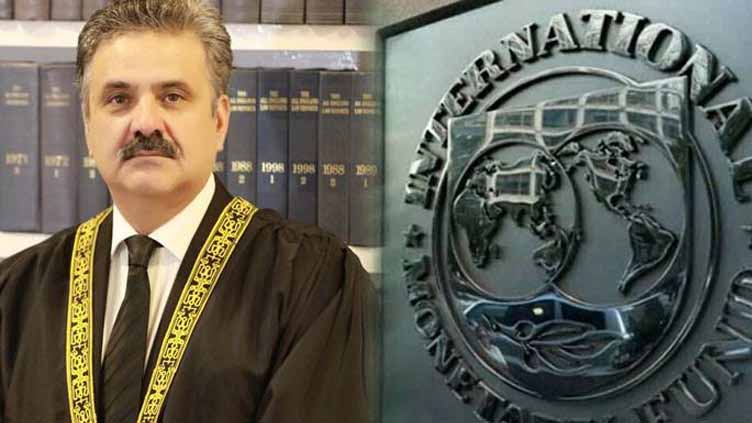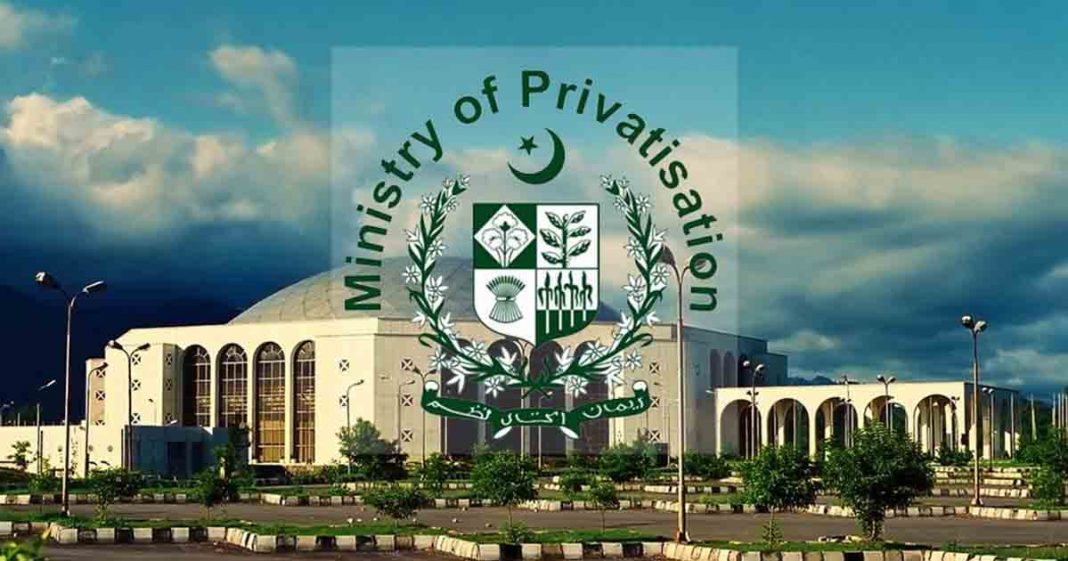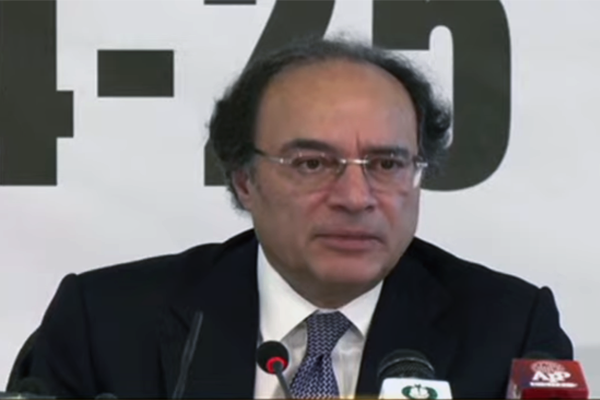PTBP Web Desk
Pakistan’s judicial landscape, a six-member delegation from the International Monetary Fund (IMF) visited the Supreme Court of Pakistan on Tuesday to meet with Chief Justice Yahya Afridi. The meeting, which lasted an hour, was centered on the judicial system’s structure and the ongoing judicial reforms.
During the session, Chief Justice Afridi provided a detailed briefing on the mechanisms of Pakistan’s judiciary, highlighting the reforms being implemented to enhance transparency, efficiency, and accountability within the judicial system. The discussion also ventured into the realm of judicial appointments, particularly in light of the recent 26th Constitutional Amendment, which has implications on how judges are appointed, potentially affecting judicial independence and the balance of power.
Parallel to this judicial dialogue, the IMF’s engagement in Pakistan included a firm stance on financial transparency and governance. The IMF mission, which also held meetings with officials from the Cabinet Division, Prime Minister’s Office, Ministry of Finance, and Ministry of Law, firmly rejected a request for an extension in the deadline for government officials to declare their assets.
This decision underscores the IMF’s insistence on adhering to the set benchmarks for financial oversight and reform in Pakistan. The discussions revolved around the draft amendments to the Civil Servants Act, which are expected to be finalized and shared with the IMF in February. These amendments aim to enforce more stringent disclosure requirements:
• Mandatory Disclosure: Government officials will be required to disclose not only their own assets but also those of their spouse, the educational institutions attended by their children, and sources of household income.
• Power of Attorney: Information regarding powers of attorney held by officials will also need to be shared, ensuring a more comprehensive view of potential conflicts of interest or hidden assets.
Officials from the Ministry of Finance have also requested the IMF to consider easing public access to this asset information, signaling an intent towards greater transparency but also highlighting the need for balancing privacy with public interest. This push for transparency aligns with broader governance reforms, where public officials’ financial dealings are under increased scrutiny to combat corruption and ensure accountability.
While the legislative changes for asset declarations are slated to occur post-February, the IMF’s demand for these reforms to be enacted promptly reflects the urgency and importance placed on financial transparency in governance. This timeline suggests an ongoing negotiation and adjustment in policy-making to meet international standards while respecting local legal frameworks and political sensitivities.
The interaction between the IMF and Pakistan’s judiciary and executive branches points towards a holistic approach to economic reform, where legal and governance structures are seen as foundational to economic stability and growth. The reforms in asset declaration are indicative of broader anti-corruption measures that could be pivotal in unlocking further IMF support or easing conditions of current agreements.




